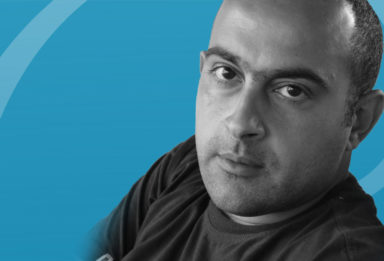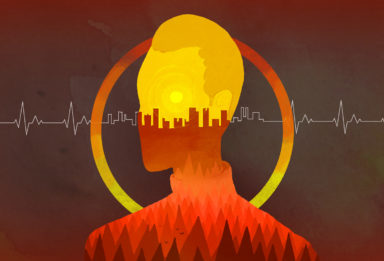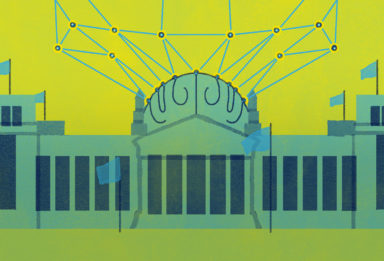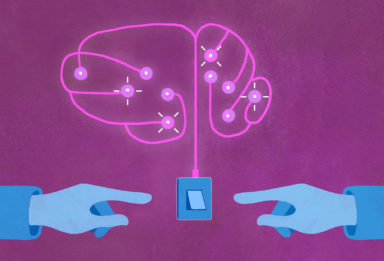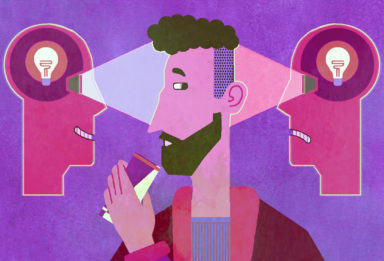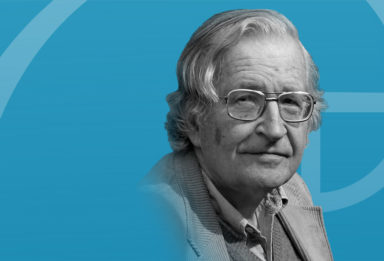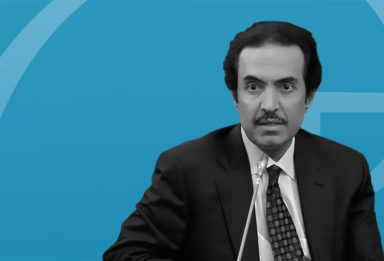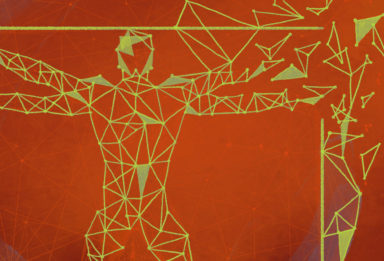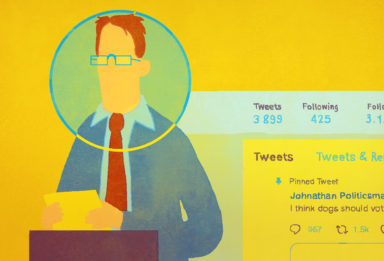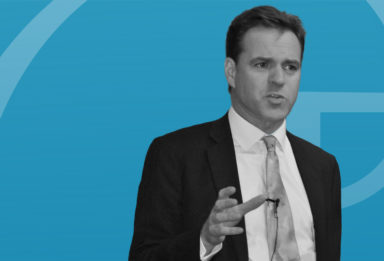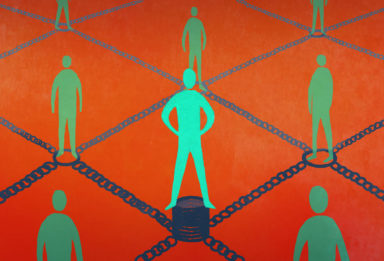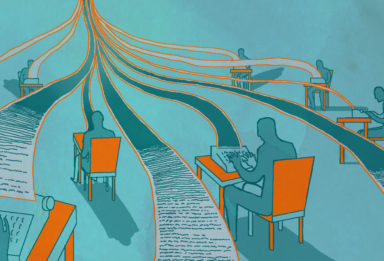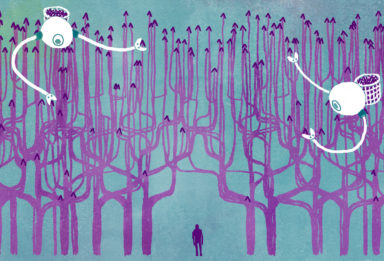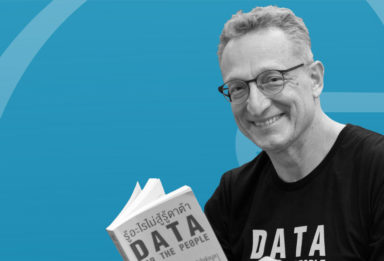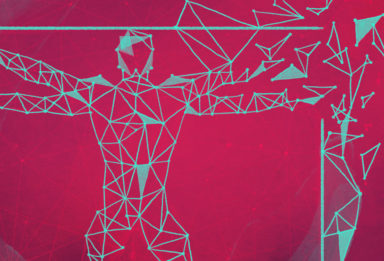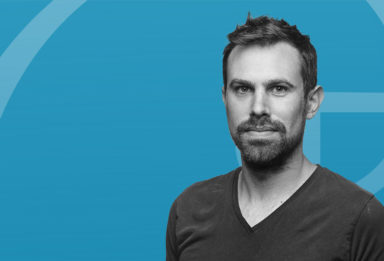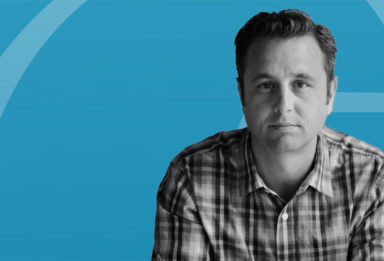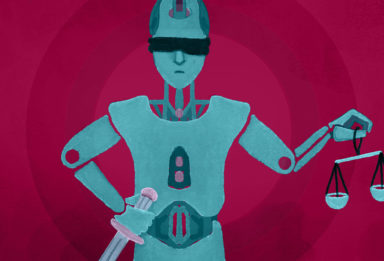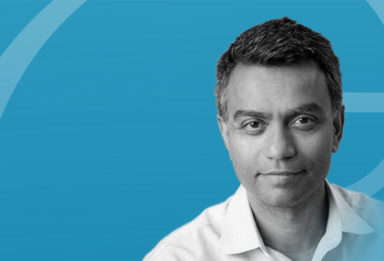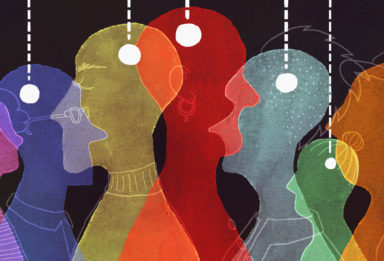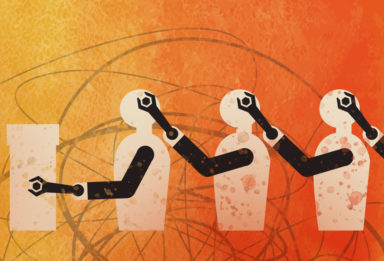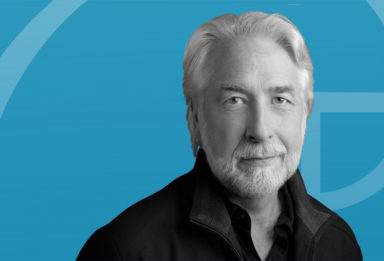A message from your Editor-in-Chief Alexander Görlach about Conditio Humana and the current COVID-19 crisis
Moheb Costandi, molecular and developmental neurobiologist examines the age of big data in
Sebastian Thrun, entrepreneur, educator, and computer scientist, answers questions about the ethical aspect
Editor-in-chief Alexander Görlach predicts that the upcoming supertrend will be that will create
Christoph Bieber, a Professor of Political Science, looks at changes that AI will
Thomas Ramge makes predictions about AI and technology's geopolitical impact for the new
An interview with Khalid Kadir, lecturer at UC Berkeley. We are presenting this
Andrea Martin, Leader of IBM Watson IoT Center in Munich discusses augmented intelligence and
Gene Grossman, Jacob Viner Professor of International Economics in the Department of Economics,
Paul Ostwald explores the two sides of AI's future: the potentials of a
Interview with Noam Chomsky, American linguist, philosopher, cognitive scientist, historian, social critic, and
Hugo Dunn unwraps the impact that technology has had on society and how
An interview with Professor Nayef Al-Rodhan, Neuroscientist, Philosopher and Geostrategist about artificial intelligence,
An interview with Dr. Robin K. Hill, lecturer in Computer Science and affiliate
Samir Saran and Mihir Sharma discuss the Fourth Industrial Revolution and the breakdown
Roberto Simanowski reflects upon social media, the process by which we create and
On October 2, 2019 Conditio Humana warmly invited guests to discuss topics related
Editor-in-chief Alexander Görlach reflects upon what the new challenges for democracy are in
Interview with Niall Ferguson, MA, D.Phil., Milbank Family Senior Fellow at the Hoover
Aude Gouaux-Langlois and Belinda Sykora discuss the dimension and perception of voices and
Sven Wagenknecht raises questions about decentralization through the use of blockchain and the
Interview with Audrey Tang, civic hacker and member of Taiwan national development council's
Paul Ostwald examines the "death of journalism", why people have lost trust in
Sarah Schlothauer examines how technology can be used to target minority groups, especially
Natalie Beyer dispels some of the misconceptions about data science, data collection, and
Interview with Andreas Weigend, former Chief Scientist of Amazon.com, author of Data for
"How do you get voters to trust institutions?" Paul Ostwald explores the outcome
Roberto Simanowski takes a closer look at the consequences of Facbook, social media
Roberto Simanowski discusses 'digital pantheism', the notion of AI and the 'black box
An interview with Manuel Muñiz, Dean of the School of Global and Public Affairs at
On June 20th, 2019, Conditio Humana warmly invited guests to discuss topics related
An interview with Dr. Pieter Buteneers, Chatlayer CTO
Sarah Schlothauer explores the dangers of social media and viral content used to
an interview with Dr. Pak-Hang Wong, philosopher of technology in the Research Group for Ethics
An interview with Jeff Hancock, Professor in the Department of Communication at Stanford
Paul Ostwald unpacks what constitutes power in the new information age: the ownership
An interview with Alec Ross, technology policy expert, innovator, and author
Jason Hsu highlights the good that blockchain technology has done for human rights,
Conditio Humana's editor-in-chief and Carnegie Council Senior Fellow Alexander Görlach discussed global ethics and
Jeremias Kettner addresses the complications with social media enabling self-constructed traps and the
Interview with Deb Roy, Associate Professor at MIT and director of Laboratory for
Wolfgang Gründinger unveils the problem of machine learning and biases and what we
Hubertus Bessau discusses egoism versus altruism, and why the two have the same
Alexander Görlach delves into the future of religion and its cultural impact on
Matteo Hu explains why even though fire is often seen as the representation
Interview with Richard Gingras, Vice President of News at Google
Jan-Felix Schneider talks about the power of indirect manipulation and influence maps.

 | Technology, AI and ethics.
| Technology, AI and ethics.


